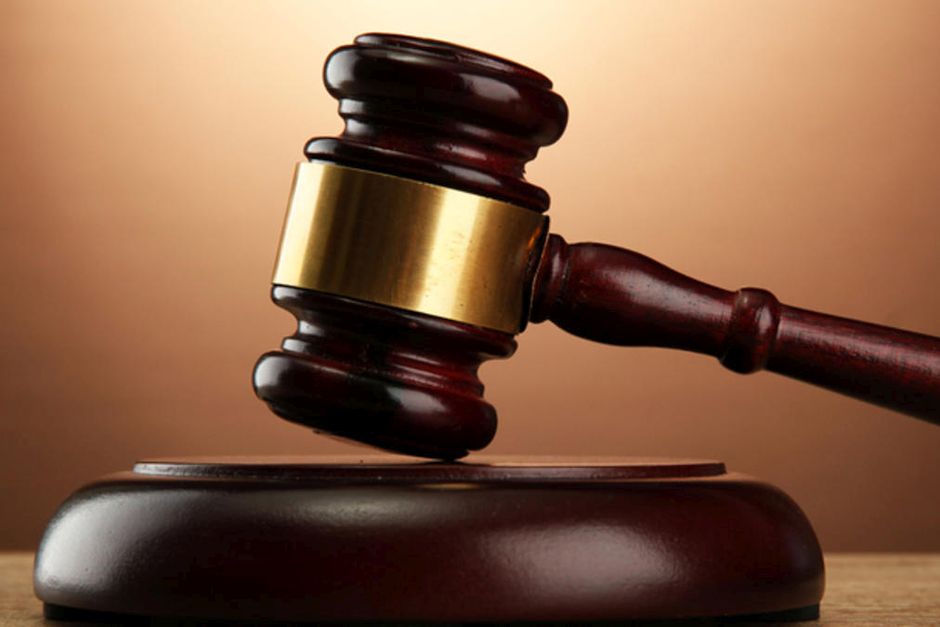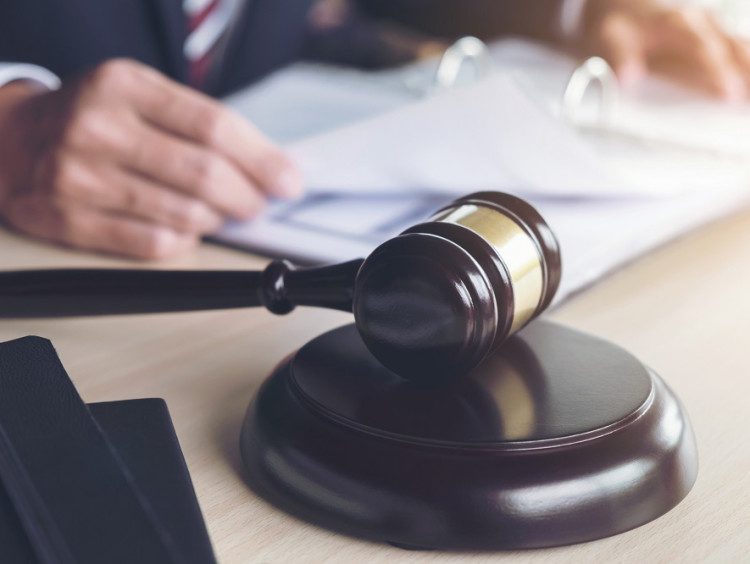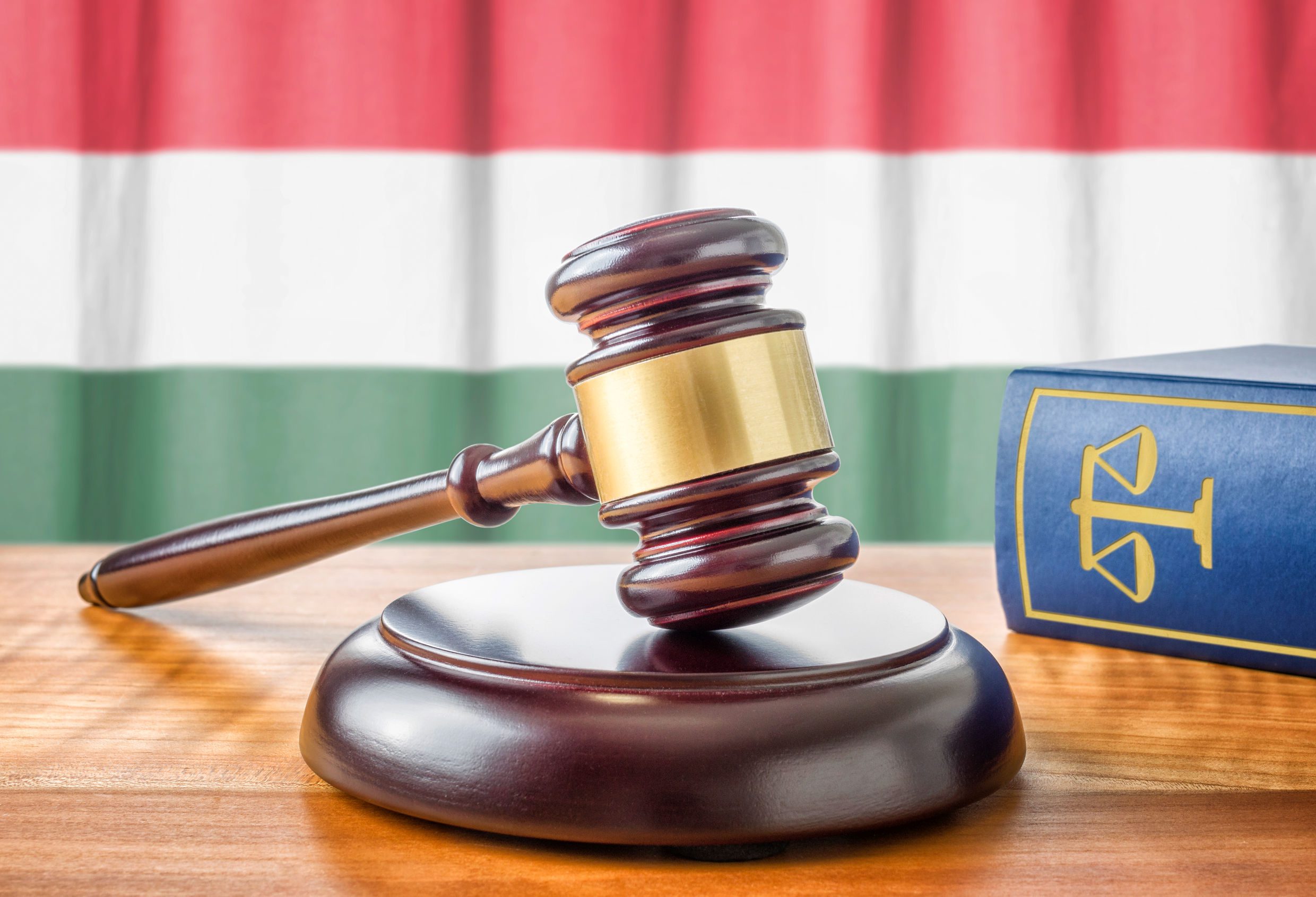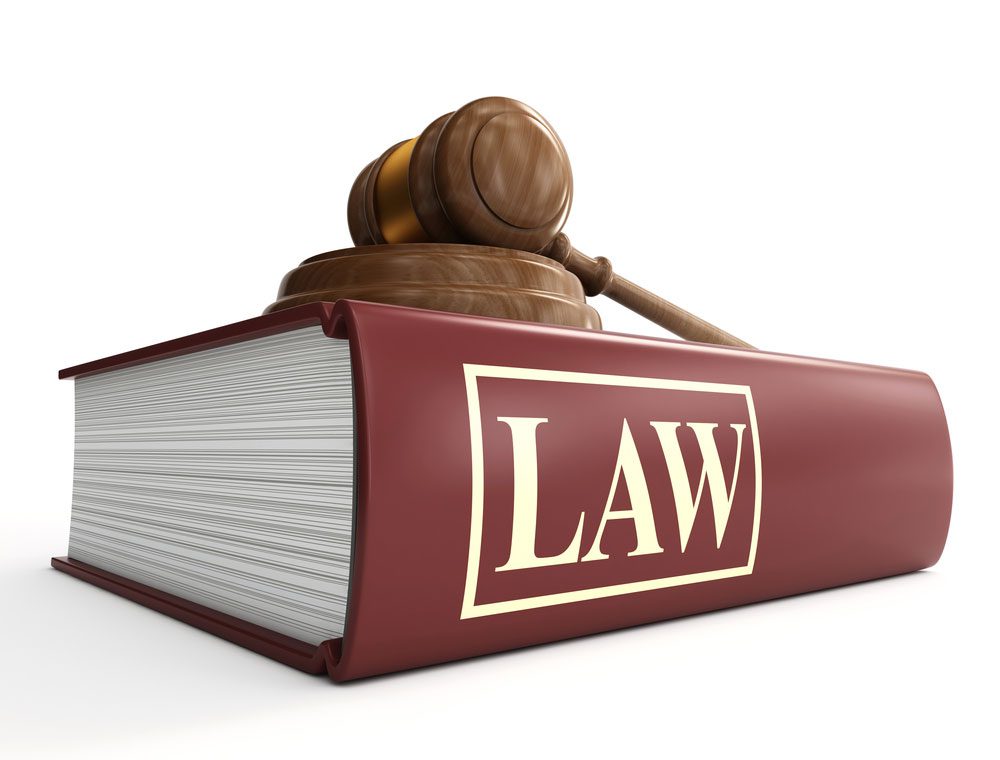Law is a body of legislation designed and practiced by governments and other legally authorized organizations to govern behavior, with the precise definition subject to ongoing argument. It is sometimes defined as the art and science of civil law. Some people see the law as an abstraction, with no real-world analog. This article traces the history of the development of law and describes the process by which laws are developed, modified, and expanded. It describes different types of law, the function of courts, and describes the use of language in law.
The article concludes with a survey of the literature on law.
A. History. Law is intimately connected to the history of government, as the formation of laws depends on the formation of the legal framework of the society. The role of courts, in developing and amending laws, is crucial to the functioning of government.
B. Jurisprudence. Jurisprudence is the application of legal reasoning to cases in which the judges believe there is a substantial reason to warrant the application of the law. It is the primary function of the courts in the provision of equity, but they may also cite precedent in support of their decisions. They perform two functions: the formulation of statutory law and the creation of civil procedure law.
C. Old Testament. The Old Testament provides the primary source of law in America and most other countries. In most states, the legislature must pass new laws prescribing judicial proceedings, but the supreme court can declare a law to be null and void if it violates the Constitution, regardless of the legislative action.
D. Judicial Interpretation. The interpretation of the Constitution and the rulings of the courts is done by judges. Some interpret the Constitution to restrict the powers of the legislature or the executive, while others interpret the Constitution to expand the powers of both the legislature and the executive. There are no other branches of government apart from the federal government and the states, and all branches of government must have jurisdiction over matters not in their sovereign power.
E. The Bill of Rights. The First Amendment of the United States Constitution provides the right to worship freely, freedom of speech and press, and the right to peacefully assemble. The First Amendment was considered by some of the founding fathers as granting the people a right to political speech. Other important provisions in the Bill of Rights include the right to be secure in one’s property, the right to be secure in one’s own body, and the right to trial by jury. There have been many court cases involving these things like the censorship of books or plays; political cartoons and expression; racial discrimination; and sex discriminatio
-
Previous Post
An Overview of the Legal Systems of the United States
-
Next Post
The Effectiveness of Cyber Law











